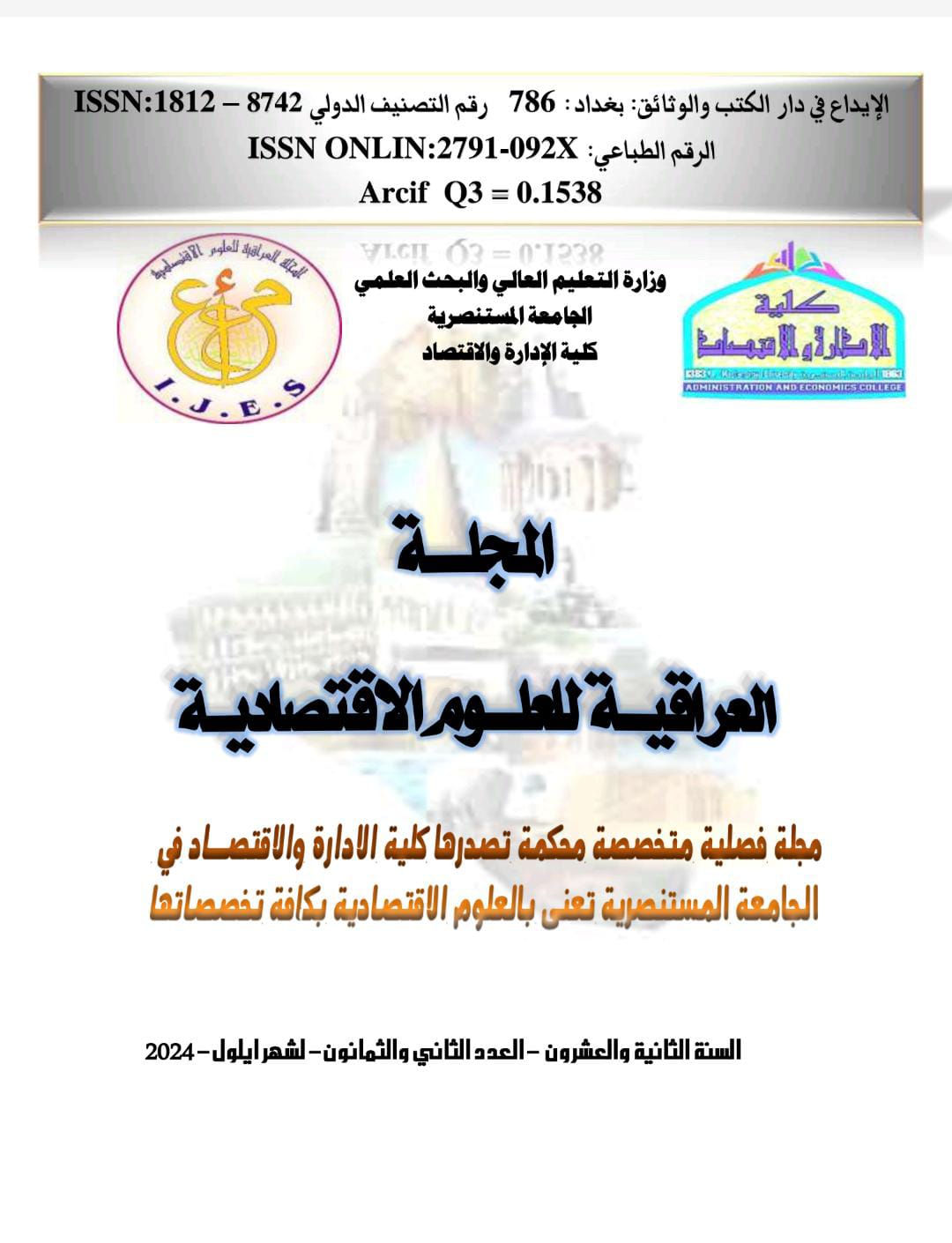A Standard Study of the Impact of Educational Level on Household Income Levels in the Kurdistan Region of Iraq for the Year
DOI:
https://doi.org/10.31272/yn1k4275Keywords:
Keywords: Monthly Income, Role of Education, Income Distribution, Investment in Education WagesAbstract
The aim of this research is to know the impact of some specific factors on the disposable income of families in the Kurdistan Region of Iraq during the year (2022). These factors include the number of working family members, their level of education, the salaries they receive, and the surrounding environment. The research also aims to assess the availability of good education opportunities and their role in achieving justice in income distribution in the region. To achieve these goals, the statistical analysis included estimating descriptive statistics and inferential statistics. The concept of multiple correlation was used, and multiple regression analysis was conducted to test the research hypotheses based on the Weighted Least Squares method. The results showed a direct relationship between the monthly disposable income of the family and some independent variables. These variables include the number of working women in the family, the number of working family members, age and gender, irregular salary, the number of years of education completed, the number of children who did not reach working age, and the surrounding environment. Finally, the validity and quality of the model used and its consistency with the actual data were verified. Standard problems were also tested and confirmed to have no significant effect on the model used.
Downloads






